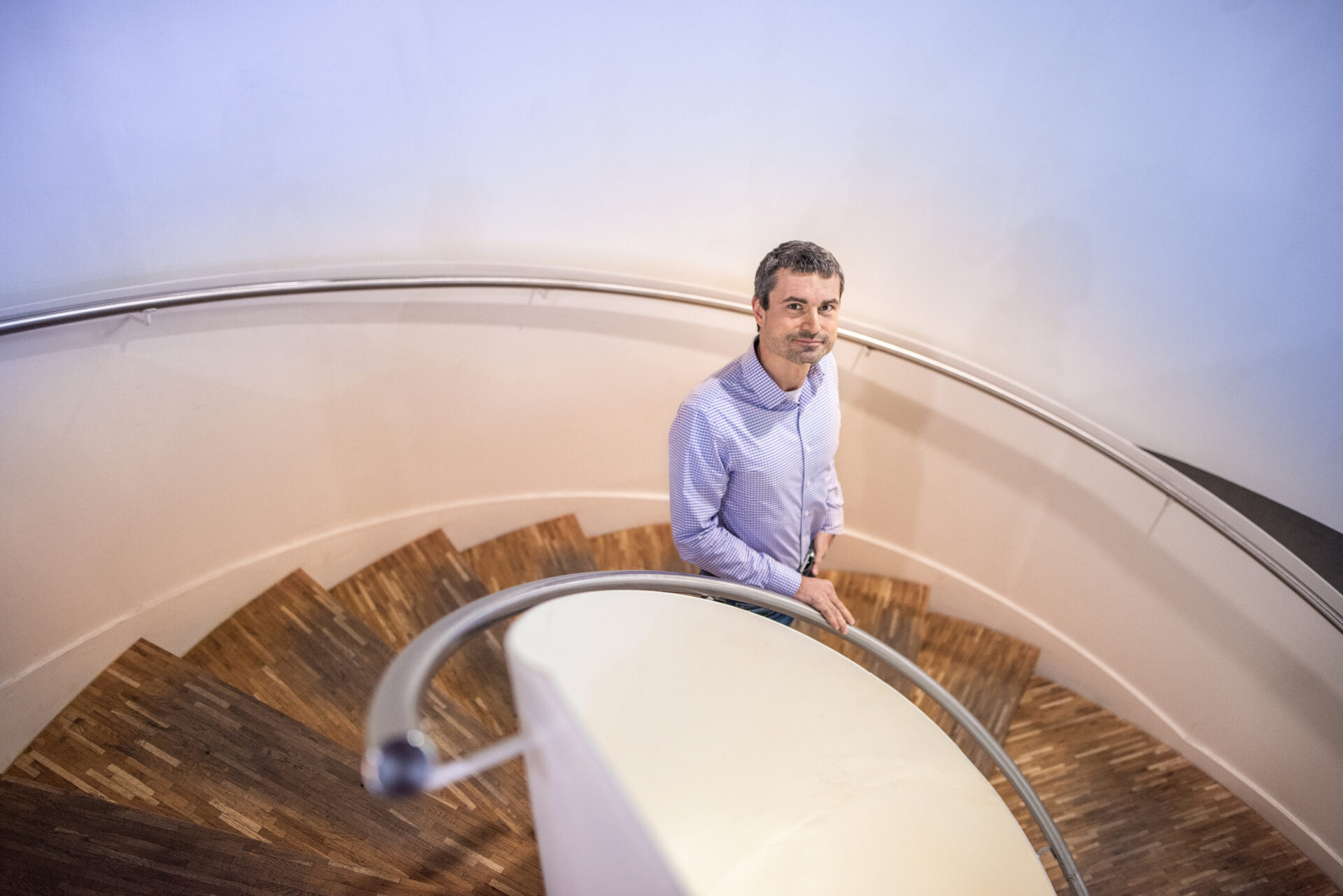Back then, we got the chance to build something from scratch in a country where nobody was very anxious to invest in similar start-ups. We got this opportunity thanks to Mergim Cahani, a young entrepreneur from Kosovo who decided to use the Gjirafa platform to digitalize not only his own native land, but Albania and Macedonia too. Today it’s become the largest and most important information, media, and e-commerce portal in the entire region. And last year, during the pandemic, its importance grew even more: for a time, on-line purchases became a guarantee of safe shopping, plus Gjirafa played a part in selling hard-to-find basic foodstuffs.
And yet back then, in 2015, I must admit that it would never have occurred to us to look at countries like Kosovo or Albania. But we seized the opportunity when it presented itself. We realized that that we could establish a presence in a region where an internet connection is the norm, and their IT capacities have huge potential – but are being offered to foreign companies through outsourcing instead of being used to create innovative services for the local market. Plus we weren’t afraid of the Balkan region, as it reminded us of the Czech Republic of the 1990s. For when the market lacks a retail approach with strong traditional foundations – with the DACH countries being a classical example – it’s easier to apply a “digital first” approach.
Nevertheless, from today’s perspective the Gjirafa project was an utterly opportunistic, “crazy” idea. Mergim, who back then already had the support of StartupYard, came and told us that he was planning to build a Balkan version of Seznam.cz. In fact, he’d already negotiated an investment from them, but Seznam backed out at the last moment. And we shook hands on it almost immediately. Key aspects were Mergim’s personality and his credible approach – that of a smart guy who had studied and done business in the USA and was now returning home and wanted to get a big business going. We believed both in him and the Seznam “use-case” itself.
And thanks to Mergim, we slowly began to get our bearings in the Balkan business world: now we know how political support works, to what degree we have to be politically exposed, what support is available to business from the state or other organizations… In short, we’re able to validate the risks of doing business in the Balkans. Plus investing in the Balkans opened one more door for us: we now feel much more at ease in Eastern Europe. Trends repeat themselves, and what worked here has a big chance of succeeding there too.
The big difference between them and Western Europe? A cheap workforce. When automation or digitalization fails or is too expensive, human resources whose price won’t break anyone’s bank step up. Business is thus more sustainable and scalable.
When the world isn’t struggling with the pandemic and lockdowns, I fly to Prishtina quite often. And like many things in the Balkans, this too has its specifics that I had to get used to. The Balkans as such are still a little wild, and aren’t for those with an elevated comfort threshold. Because he studied and lived in the USA, Mergim isn’t like that, but when dealing with the locals you have to be tough and stand your ground. On the other hand, though, I can sense that they want to do business, that they’re open and enthusiastic. Only rarely does one encounter the typical Czech approach of looking for reasons why something can’t be done.
The Balkans aren’t exactly a market that investors or founders of companies are fighting over. Everyone is afraid that nothing will succeed in these fragmented little mini-countries, between which trade doesn’t work and that don’t like each other, and they tend to see potential in larger, politically and economically stable markets. But as we’ve always said, Rockaway would rather be a large fish in a small pond than a small fish in the sea.
A generally applicable rule? Before you start building a digital business, you need to have your infrastructure under control – stock, payments, and the like. That’s how we’ll be able to control the entire customer experience process. If we make a nice website but don’t have service fulfilment under control and rely on third parties, it won’t work. The success of digitalization in Kosovo, Macedonia, and Albania is based on trust. A large portion of the population in these countries is still used to the retail approach – I go somewhere, I pick it up and play with it, I pay in cash, and I take it home. So if we want to virtualize these transactions, we need the service to be perfect. In this way we’ll gain people’s trust, and good old word of mouth will also do the trick.
People in the Balkans live quite locally and don’t really even want to visit neighbouring countries, or can’t. Go ahead and ask them if they’ve taken a seaside holiday farther away than Montenegro, Croatia, or Albania. Perhaps one in ten has, but more likely one in thirty. And I simply believe that digitalization is one of the things that will help us overcome the physical, mental, and even ethnic borders in this region.



